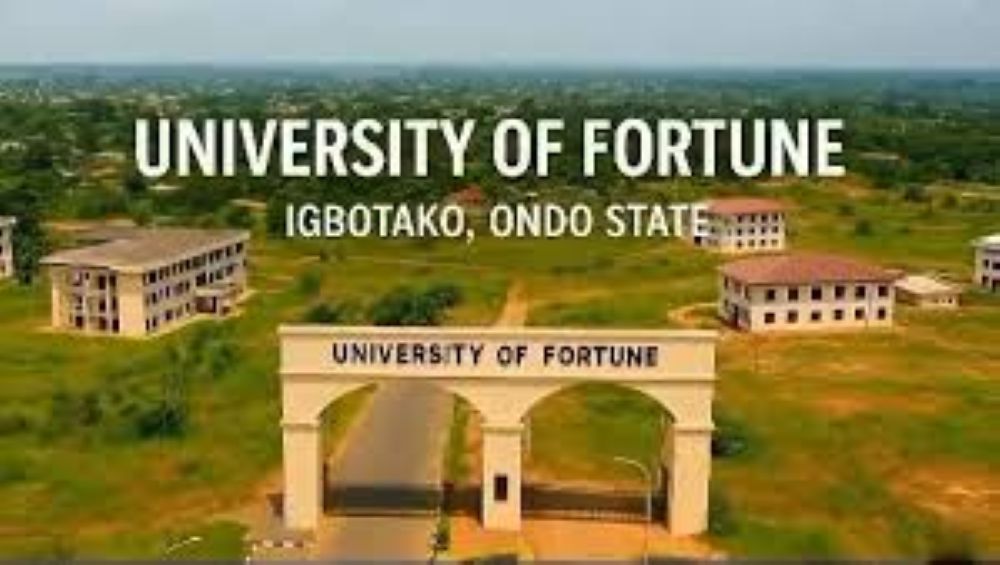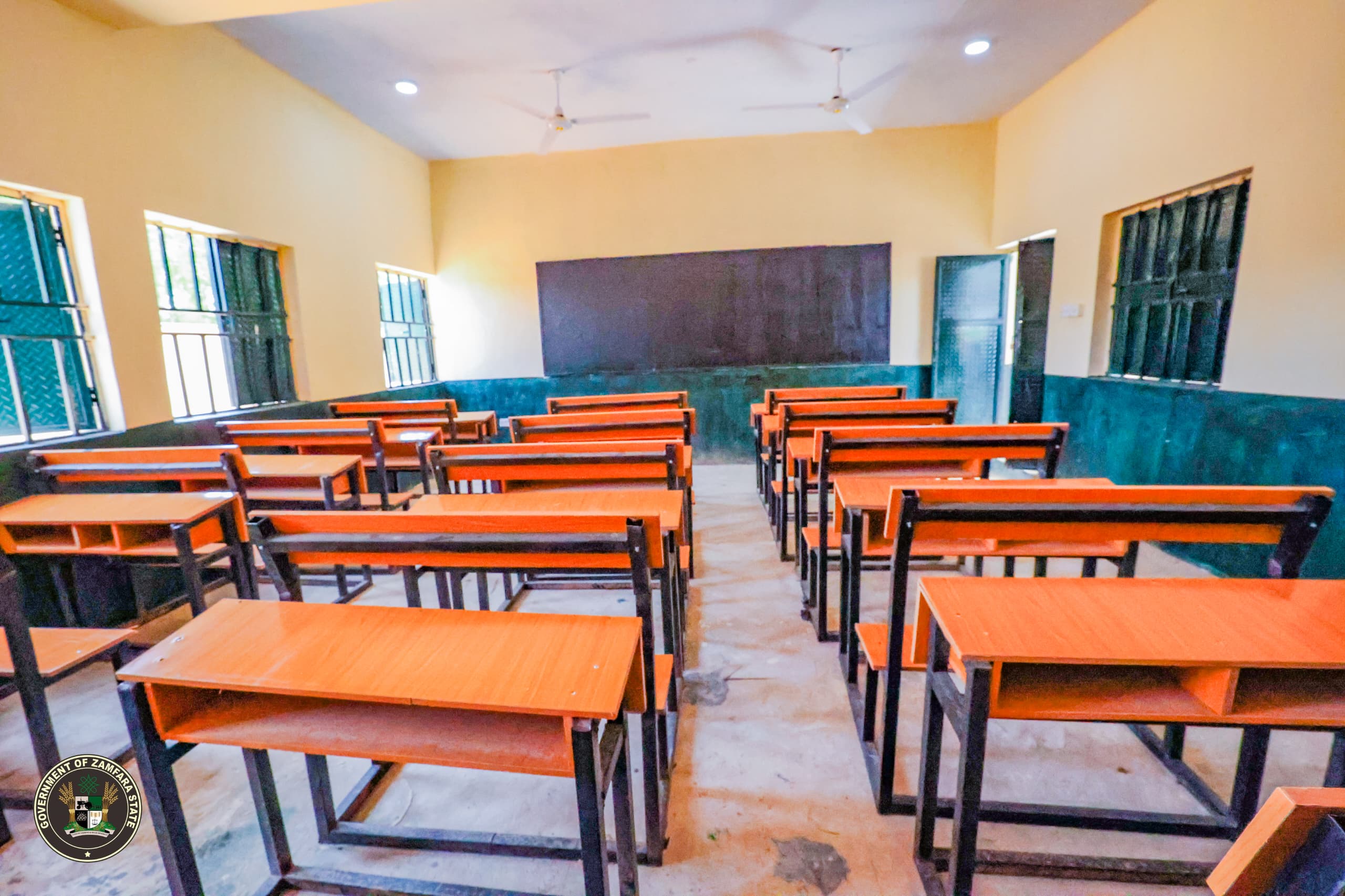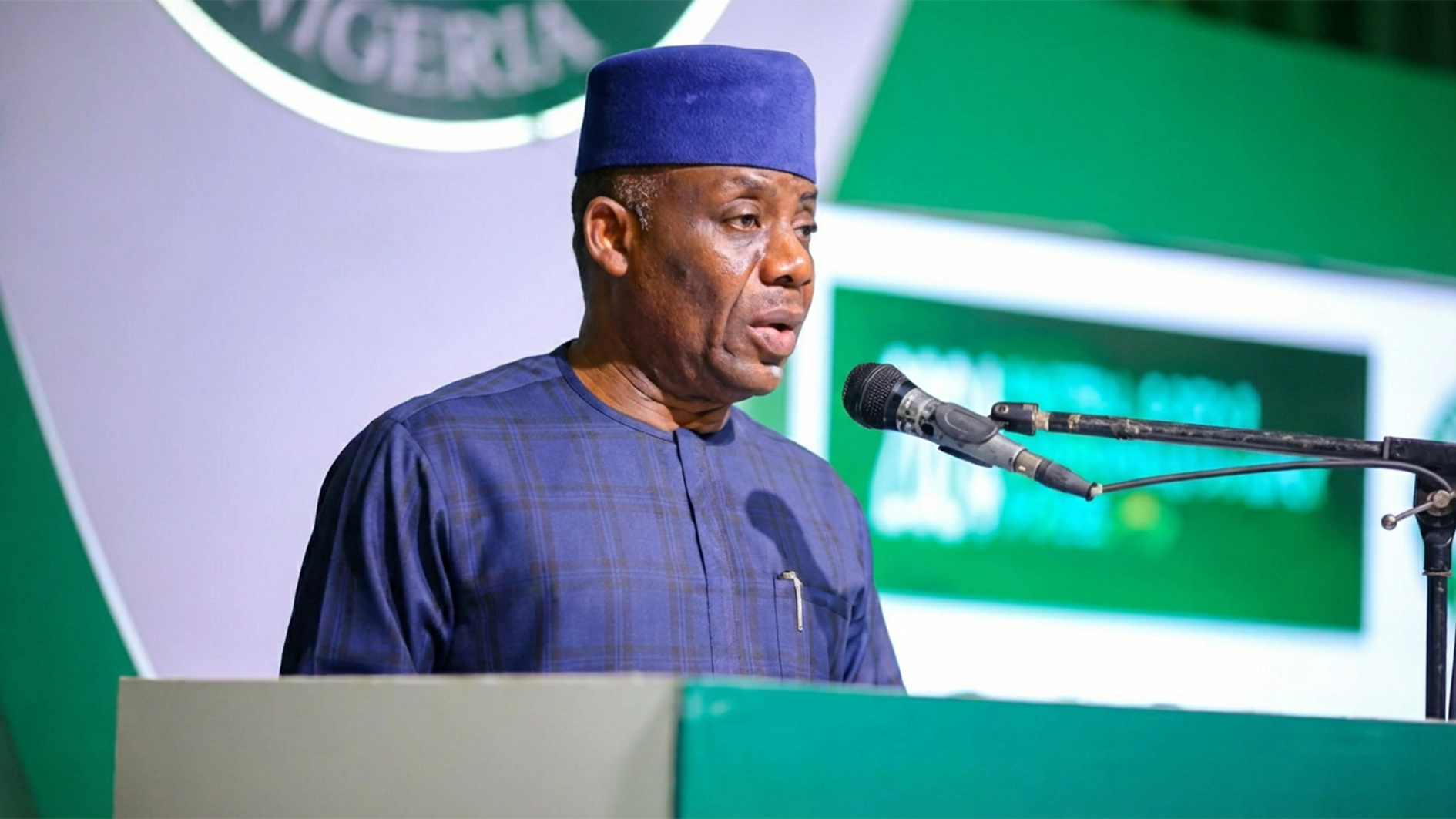Storyteller and filmmaker, David Akwara, has called for a bottom-up approach to tackle misinformation, polarisation, and global post-truth divide, stressing that truth must be taught with the same urgency and emotion as lies.
Akwara made the call in Seoul, South Korea, during his keynote address at the 10th International Conference on Global Citizenship Education (IConGCED), co-hosted by UNESCO, APCEIU, and the Korean Ministries of Education and Foreign Affairs.
The conference, themed “Democracy in the Post-Truth Crisis: The Role of GCED”, explored how education could equip learners with skills to counter misinformation and strengthen democratic dialogue.
Akwara, who serves as Programme Development and Partnership Lead at Africa’s Future Economic Leaders (AFEC), argued that disinformation thrives because it tells stories that people want to believe. He noted that the antidote, however, is not louder propaganda but a bottom-up strategy that teaches young people to fact-check. model dialogue, and spread empathy in schools, youth clubs, families, creative spaces and community town halls.
“We must teach truth the way lies are taught, with speed, with emotions, with precision, and above all, with empathy,” Akwara said. He added: “Youths may be digital natives, but they must also become fact natives and critical thinkers if we are to heal the post-truth divide.
“Every WhatsApp forward without verification is an act of misinformation.
“When young people learn to pause, to fact-check, to choose empathy over ego and truth over noise, we begin to rebuild trust in society.” Akwara sounded: “Facts alone don’t move people. But facts wrapped in story can change hearts, spark dialogue, and heal divides. If you ask me how we can bridge the post-truth divide, I will say: through stories anchored in fact, through dialogue grounded in evidence, and through youths who are fact natives as much as digital natives. This is how we rise.”
The storyteller also highlighted opportunities for youth engagement, adding: “UNESCO is offering fascinating training to help young people verify, question, and analyse information. We must seize these opportunities and pass them on to the next generation.”
Spotlighting his background, Akwara noted: “I was born in a very interesting place called Kolokolo in Delta State, Nigeria. Where I grew up, the only way to resolve conflicts is action. In my community, we didn’t understand dialogue. Conflict resolution meant action, not conversation.
“I grew up listening only to respond, not to understand. That seed of impatience shaped my relationships, my education, and even my work life. I wish my elders and teachers had shown me that the true power of dialogue is in listening to understand.”
Akwara proffers measures to tackle misinformation

David Akwara
David Akwara





